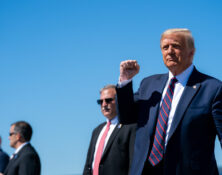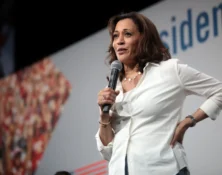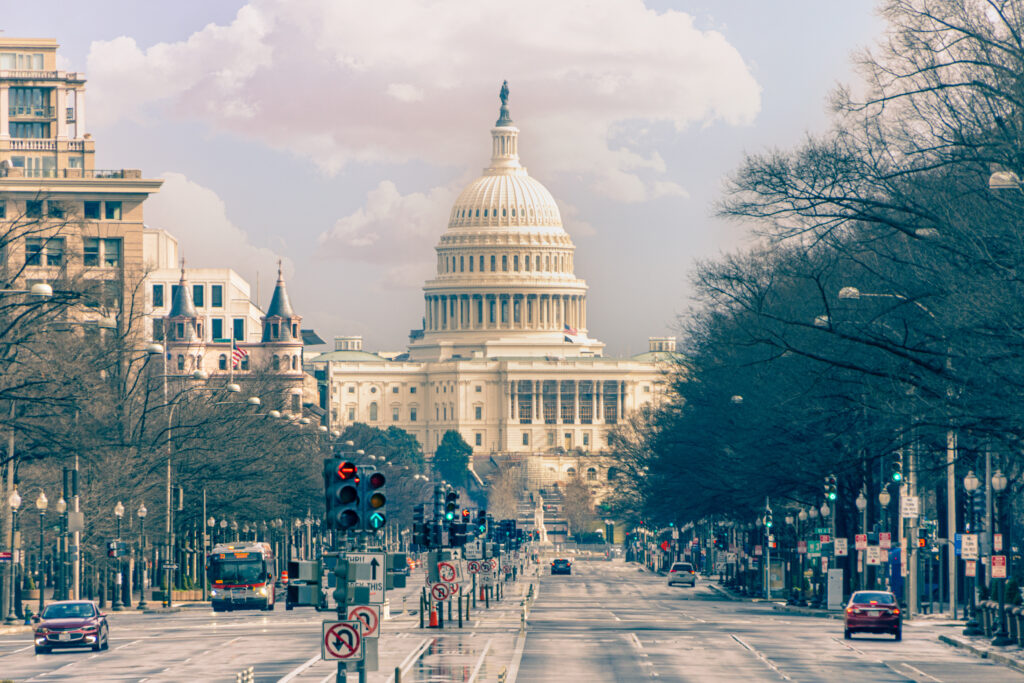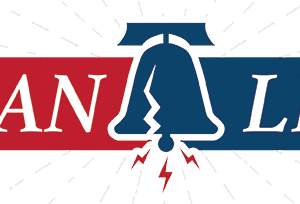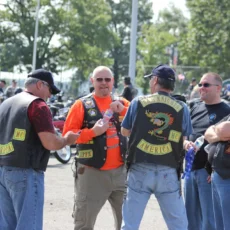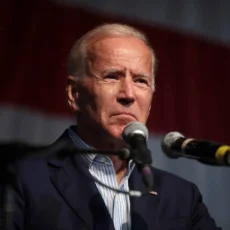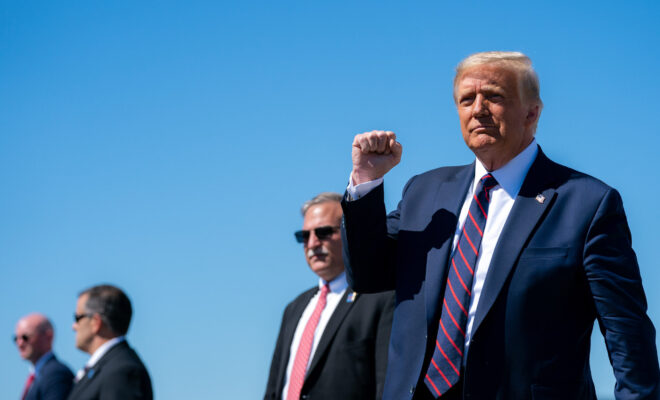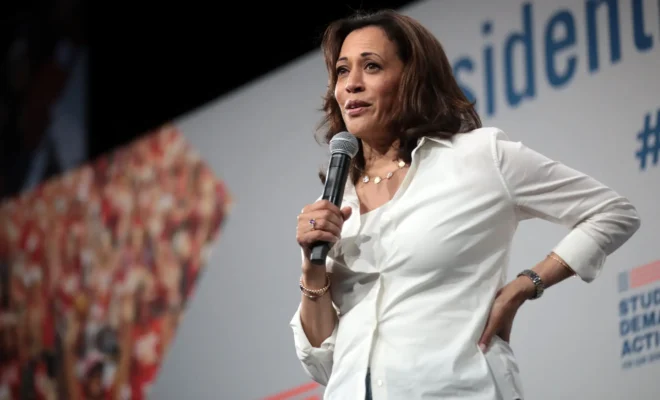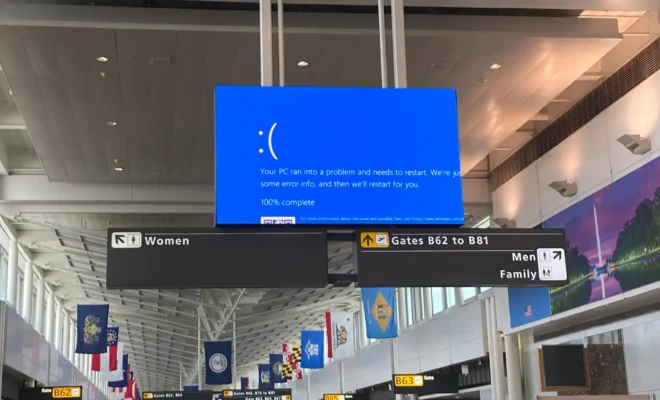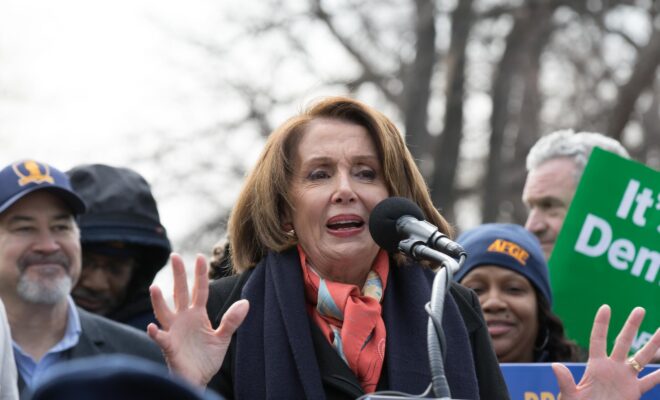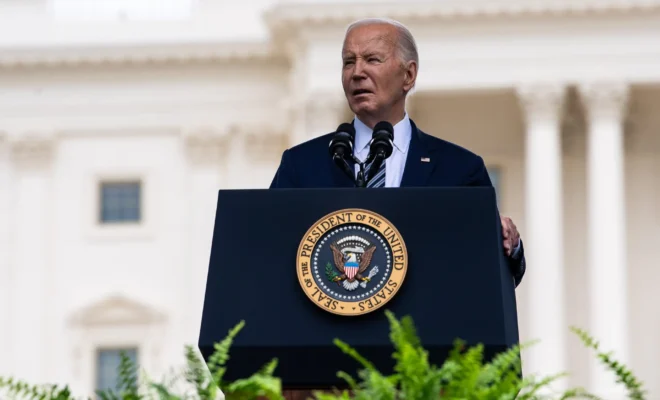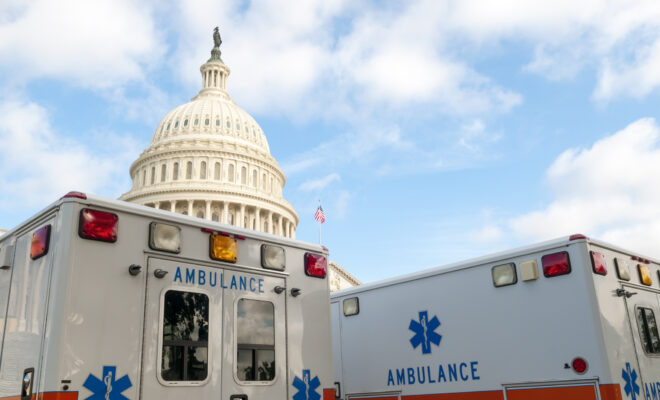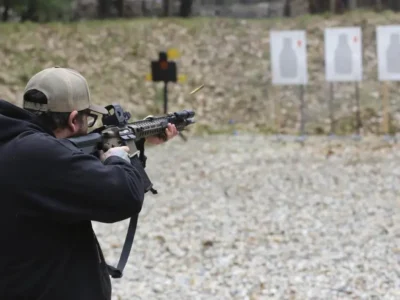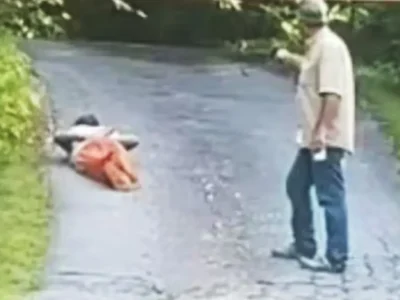The Inspector General (IG) of the United States Capitol Police (USCP) has opened an investigation into allegations that officers spied on Rep. Troy Nehls (R-Texas).
Earlier today, Nehls accused Capitol Police of “illegally” entering his office and taking photographs of “confidential legislative products” while Congress wasn't in session last November.
Nehls tweeted that one of his staffers caught police in the act.
🚨BREAKING🚨
— Congressman Troy E. Nehls (@RepTroyNehls) February 8, 2022
The @CapitolPolice Intelligence Division investigated my office illegally and one of my staffers caught them in the act.
Thread🧵
The Federalist reports:
USCP Chief J. Thomas Manger confirmed the opening of the inspector general investigation in his response to congressional inquiries about USCP police tactics, reported in a January 24 article published by Politico, including surveilling and compiling intelligence dossiers on members of Congress, their staff, and visitors.
“While I am confident in our methods, I am asking the USCP Office of the Inspector General to review the USCP's programs related to these security assessments to assure both this Committee, the Congress as a whole, and the public that these processes are legal, necessary, and appropriate,” Manger wrote to seven Republican lawmakers.
According to the Politico article, USCP analysts had been directed by Julie Farnam, the acting director of USCP's Intelligence and Interagency Coordination Division, to “run ‘background checks on people whom lawmakers planned to meet, including donors and associates.”
“When staff were listed as attending these meetings, Capitol Police intelligence analysts also got asked to check the social media accounts of the staffers,” the Politico article alleged.
Manger denied the bombshell allegation that USCP officers had entered Rep. Nehls' office to photograph confidential documents protected by the Speech and Debate clause under Article 1, Section 6 of the Constitution.
Capitol Police claim that Nehls left his office door open and that USCP officers are authorized to “secure the office” if a Member's office is “left open and unsecured.”
Furthermore, Manger called his department's new and controversial policy of quietly scouring the background and social media profiles of people associated with and working for certain lawmakers after Jan. 6 appropriate.
Others would argue that they endanger civil liberties.
Although reported late last month by Politico and then The Federalist, the new Capitol Police initiative of sifting through the political views, business dealings and lifestyle details of congressional staff and Americans meeting with members of Congress has received woefully inadequate coverage.
In fact, The Federalist reported how Capitol Police were directed to “search for any information about event attendees, including donors and staff” at a recent fundraiser for House Minority Whip Steve Scalise (R-La.). USCP officers were allegedly told to look for anything “that would cast a member in a negative light.”
Until Politico's exposé, lawmakers were unaware of this new practice.
The Federalist's report concluded:
All of this is occurring under the guise of the “enhanced security measures” deemed necessary after the Jan. 6 riot at the Capitol. However, it is unclear how such measures would have actually prevented the Jan. 6 events in the first place.




